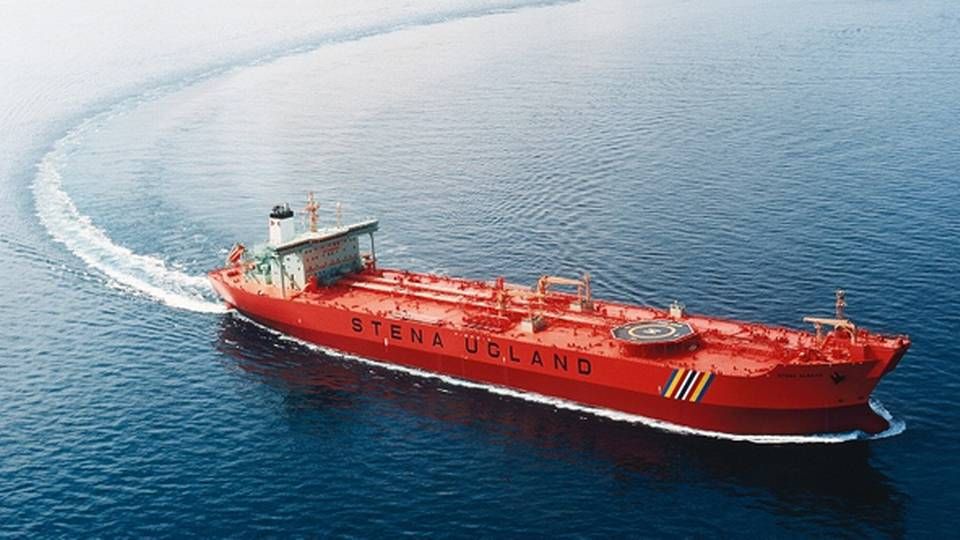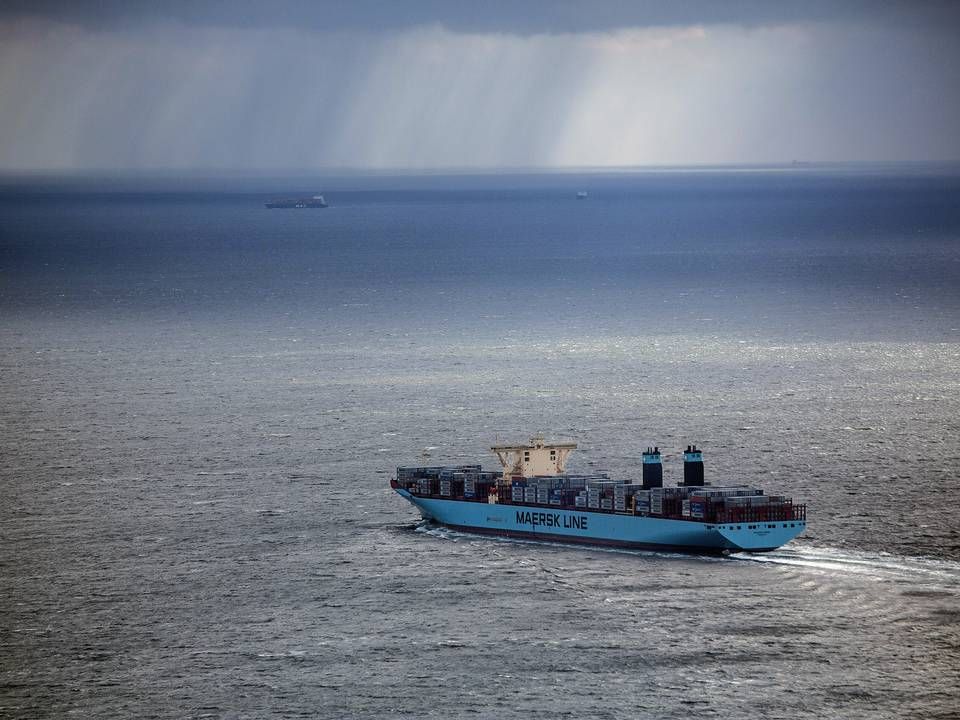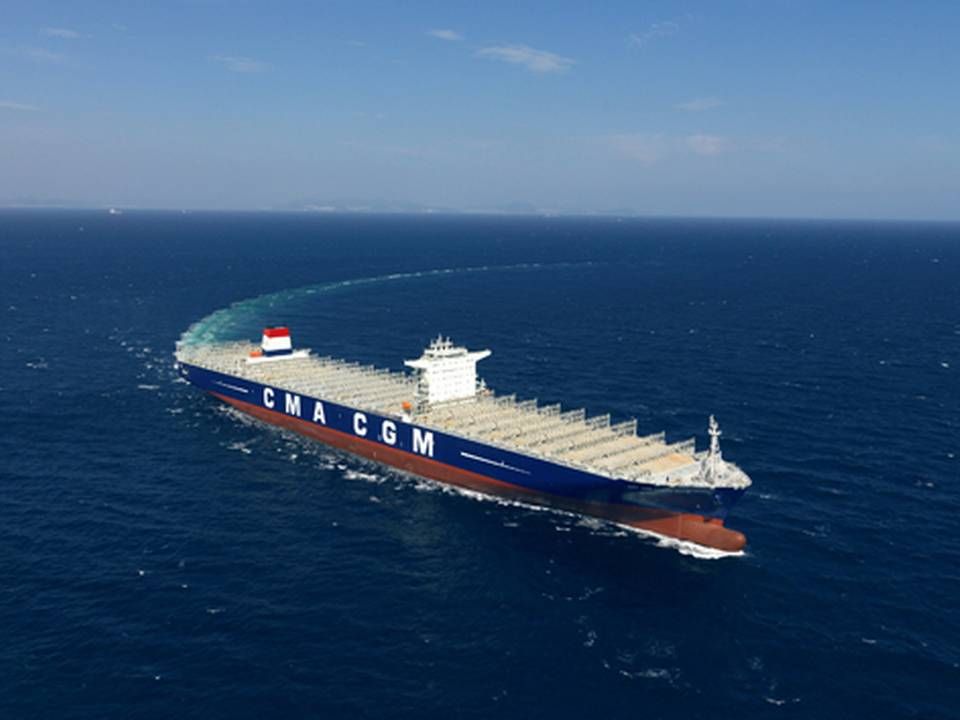NGO: Shipping and aviation dodge global climate agreement

An irresponsible U-turn.
This is the sentiment from environmental groups Seas at Risk and Transport and Environment following a significant change in the upcoming global climate agreement, which will be discussed in Paris this December when world leaders meet at COP21, the United Nations Conference on Climate Change. Namely that shipping and aviation look set to be exempt from CO2 emission reduction target, note the organizations in a statement referring to the latest draft of the paper that will form the basis of the company negotiations.
And this looks like an unusual development, given that there has been increased attention on the shipping and aviation industries to raise their ambitions on the climate front and for their new responsibilities to be codified in the final text of the agreement to be reached at COP21.
"The latest draft Paris deal removes previous calls for aviation and shipping CO2 reduction targets. Both international sectors are not covered by national targets in the Paris agreement," state the NGOs, which do not hold back in terms of criticizing the move.
Shipping close to inclusion in global climate agreement
"Excluding shipping from Paris opens up for fatal flaws in the global strategy to tackle climate change," says John Maggs, senior policy advisor at Seas At Risk.
"(…) without a clear signal from the UNFCCC (UN Convention on Climate Change – ed.), the IMO is incapable of making the necessary decisions to ensure shipping takes a fair share of the burden in reducing emissions."
According to the organizations, the shipping industry currently accounts for three percent of global CO2 emissions, while aviation accounts for five percent of the global warming. Other proposals also seem to have been left out of the latest draft, including a proposal from developing nations to have shipping and aviation contribute to a so-called climate fund, a move that had been supported by both the IMF and the World Bank.
Try a free 40-day trial subscription to ShippingWatch
Bill Hemmings, head of aviation at Transport & Environment, says in the press release:
"International aviation and shipping have climate impacts equal to Germany and South Korea respectively, yet they are tax-free on their fuel and are now set to be target-free on their emissions. It's a betrayal of future generations and a sad reflection on the way the UN has become beholden to special interests. Paris needs to think again and think quickly."
The Danish Shipowner's Association has closely followed the developments leading up to the Paris conference, and deputy director Maria Bruun Skipper has previously pointed out that it was only a matter of time before a larger focus on the shipping industry would emerge in a climate context. She spoke to ShippingWatch about the latest development:
"An absolute reduction goal does not make sense for the most energy efficient mode of transport, unless you want to put a lid on world trade and hinder growth and development. It's better to focus on vessels' relative emission reductions and on improving energy efficiency through technical and operational measures."
CO2 targets underway
Currently the UN delegates the regulation of C02 shipping emissions to the International Maritime Organisation (IMO) and several industry associations have stressed how important it is that the same body continues to oversee the management of industry emissions. However the IMO has been criticized for its slow progress on creating binding climate targets for shipping. British researchers have also suggested that international shipping should be included in a global climate agreement as quickly as possible, while the international commercial fleet is also set to double its efficiency by 2030 to make its contribution to a UN agreement.
Try a free 40-day trial subscription to ShippingWatch
The slow process has prompted the EU to adopt rules for the European fleet with MRV (Monitor, Register and Verify), whereby ships from 2018 report in, rendering it possible to calculate the C02 emissions of each individual vessel. In May it was agreed that the IMO's Marine Environment Protection Committee (MEPC) will develop a data collection system for CO2 from ships worldwide.
Data collection should fall in line with the EU’s MRV system. Meanwhile, the international data collection on C02 emissions is still in the working stages when compared with the EU. The next session of the MEPC in March 2016 will discuss whether transport operations ought to be included in the data collection, which would mean calculating the C02 emitted by vessels in relation to the volumes transported. At the same time, the session will also discuss whether the data collection should be anonymous and whether it will be obligatory or voluntary.
"We strongly oppose moving CO2 out of the IMO"
SeaIntel: The role of mega vessels in global CO2 efforts
Related articles
"We strongly oppose moving CO2 out of the IMO"
For subscribers
SeaIntel: The role of mega vessels in global CO2 efforts
For subscribers
European shipowners: We are ready to reduce CO2
For subscribers





















